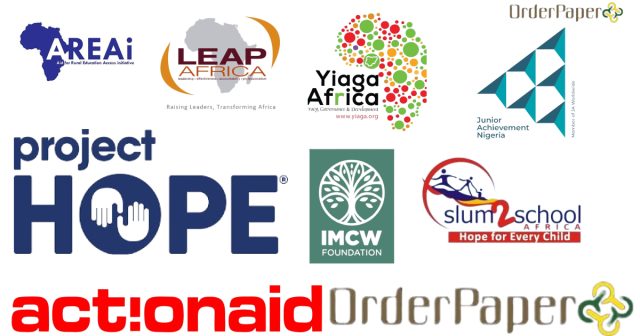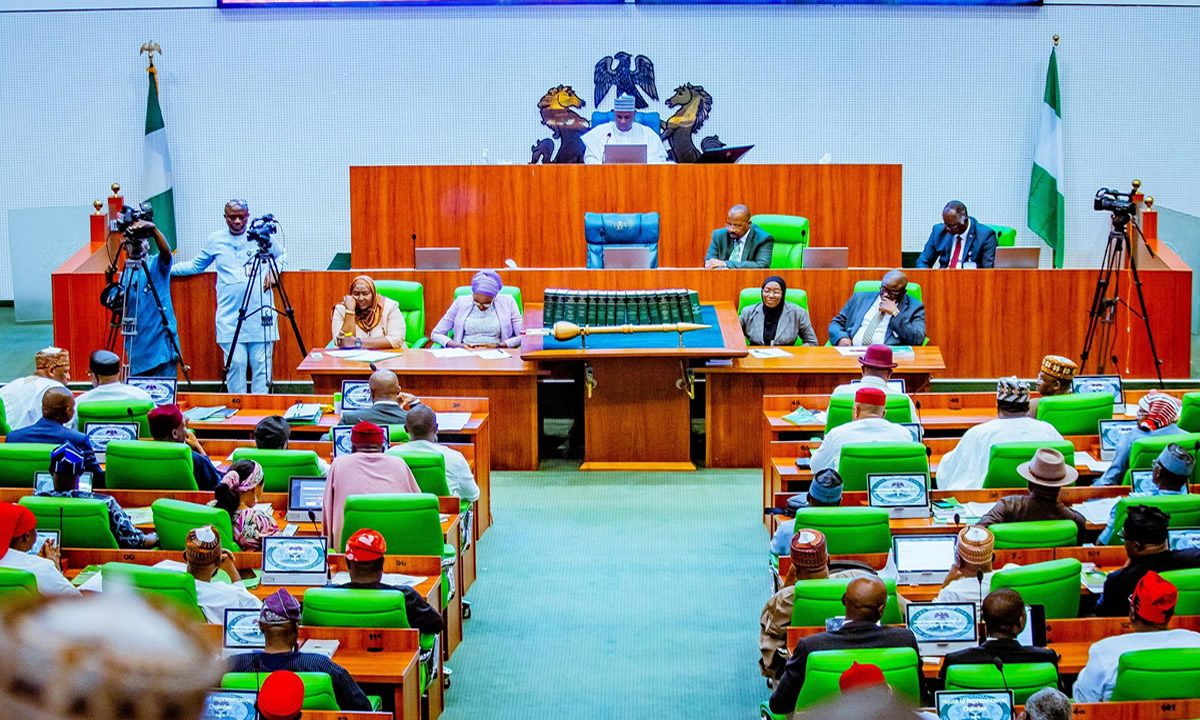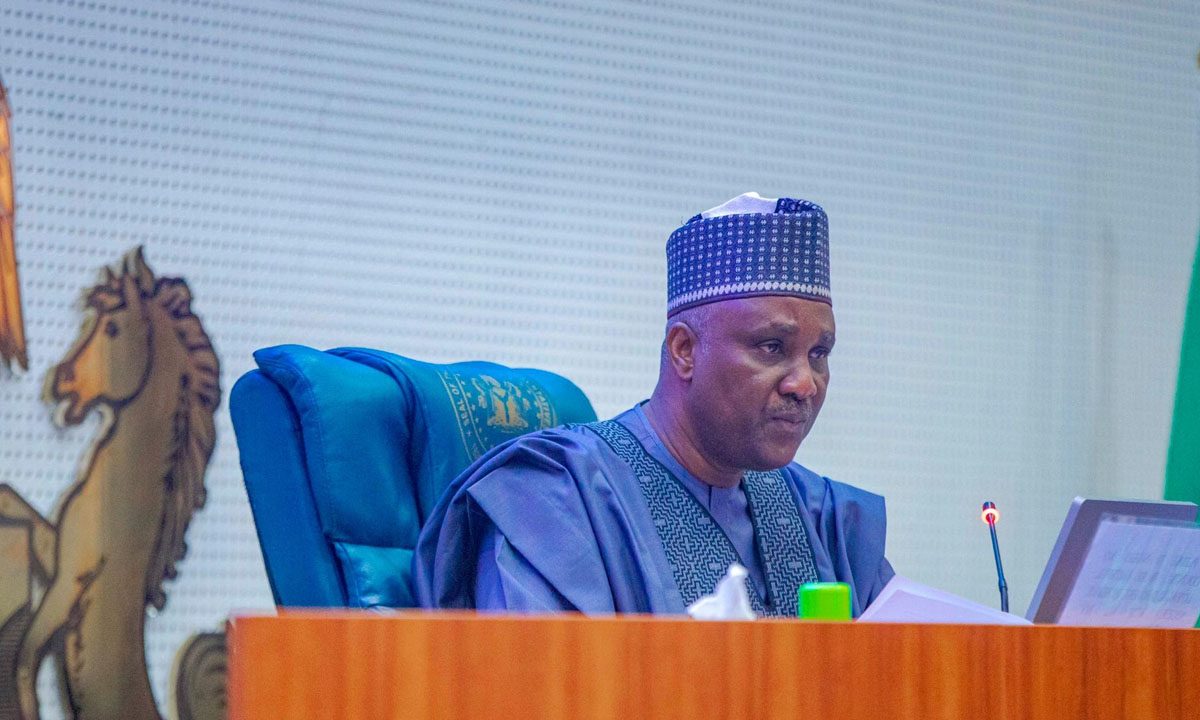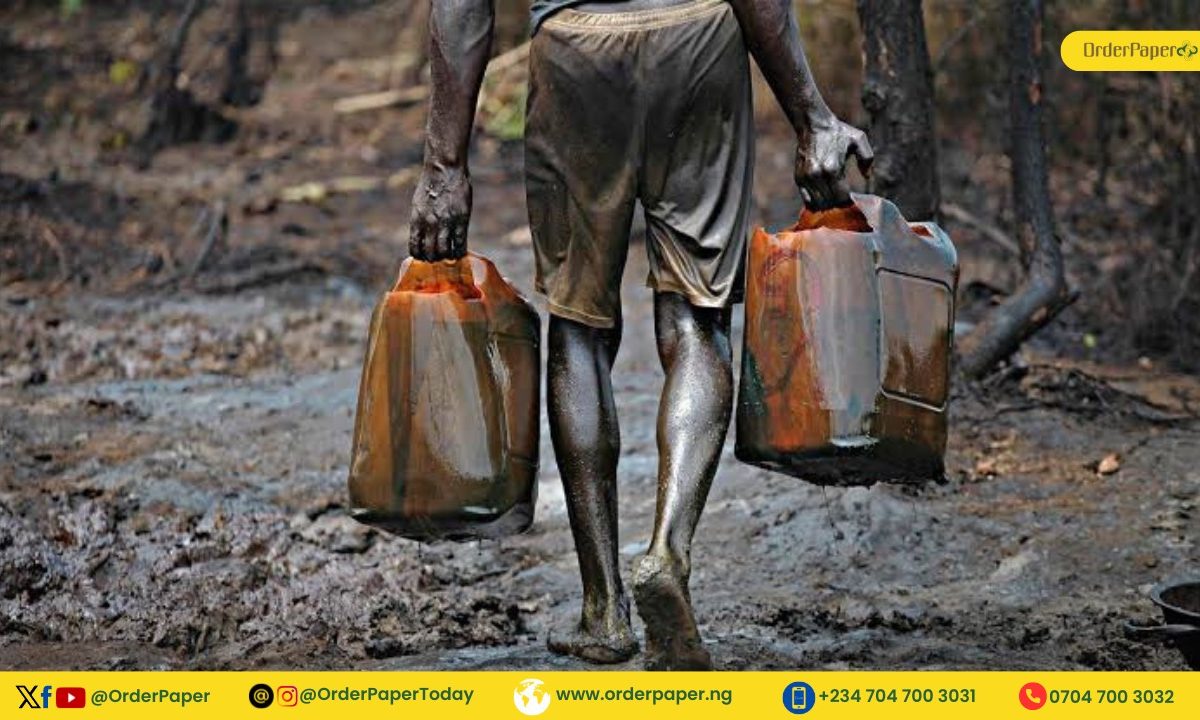Is the regulation of NGOs or social media a viable step forward for Nigeria’s current democratic situation?

In 2017, Rep. Buba Jubrin sponsored a bill that sought to regulate Non-governmental organisations and CSOs. The bill passed a second reading at the House and was subsequently referred to the Committee on Civil Society Organisations and Development Partners. After a massive protest, the bill died at the committee stage.
However, the bill saw a revival very recently at the House of Representatives following its sponsorship by Rep. Sada Soli. The bill seeks to establish a legislative framework to regulate the activities of NGOs and Civil Society Organisations (CSOs) in Nigeria. The bill has again drawn significant attention and sparked debates regarding its potential impact on freedom of expression and association, as guaranteed by the Constitution of the Federal Republic of Nigeria and also by international human rights standards.
It is worthy of note that the Chief of Staff to the President and former Speaker of Nigeria’s Legislative House of Assembly, Femi Gbajabiamila, recently clamoured for social media censorship, ascribing it to a menace.
Recall that, in June 2021, the Buhari-led federal government banned Twitter (now known as X), two days after the social media company deleted a controversial tweet by the president. The ban was lifted seven months later.
Amidst a myriad of questions on the mind of many Nigerians, is a very important one- Should NGOs be regulated? If so, why?
READ ALSO: Breaking: Outrage as Rep sneaks in Social Media Bill for consideration
The Context of NGOs in Nigeria
NGOs play a vital role in Nigerian society, addressing critical issues such as human rights, education, healthcare, gender equality, environmental protection, and poverty alleviation. They often fill the gaps left by the government in providing services and advocating for marginalised communities.
It is also very worthy of note that considering the multilateral nature of the Nation, NGOs go beyond Civil Society Organisations, it also includes religious bodies such as churches, mosques, etc.
Nigerian NGOs offer a platform for citizens to engage, collaborate, and amplify their voices, ensuring that the diversity of perspectives is reflected in policy-making processes.
International human rights standards emphasise the fundamental right to seek, receive, and impart information and ideas of all kinds. Notably, any restrictions on the freedom of expression must be necessary, proportionate, temporary, and prescribed by law. The bill’s vague provisions, potential for abuse, and lack of oversight mechanisms raise concerns about its compatibility with these rights.
READ ALSO: Bill of the Week: Resurrection of the ‘social media bill’
According to Theo van Boven, in his piece “The Role of Non-Governmental Organisations in International Human Rights Standard-Setting: A Prerequisite of Democracy” he stated that in international relations, and in particular the treaty and law-making process, is traditionally the privileged domain of governments as representatives of the people. Governments are the main actors; however, the term “Non-Governmental Organisations” implies that they are only marginal or auxiliary bodies- technically in between the government and the people.
While it may be argued that despite all of the impassioned work being done by some non-profits and other civil society groups in the Nation, there have been challenges with transparency and accountability with many members of these groups. It can also be rightly argued that the Corporate Affairs Commission (CAC), Nigerian Financial Intelligence Unit (NFIU), Independent Corrupt Practices Commission (ICPC), and the Economic and Financial Crimes Commission (EFCC) are in place to handle and deal with relative circumstances where it arises, and passing of the same bill would amount to the duplication of the duties of these agencies.
Considering the pattern of controversial bills when allowed to be passed into law in Nigeria, this bill if allowed to be passed tends to reinforce tyranny and further stifle rights to freedom of speech and assembly.
Section 39 and Section 40 of the Constitution of the Federal Republic of Nigeria provided for the citizens’ right to freedom of association and expression. Also, following several treaties and conventions to which Nigeria is signatory, such as the United Nations’ Universal Declaration of Human Rights (1948) and the African Charter on Human and Peoples’ Rights (domesticated as Cap. 10, LFN. 1990), formal and informal (registered and unregistered) non-profit groups are granted legal status to carry out their typically selfless services to humanity, provided that the methods it uses are not themselves illegal.
Using China, Nepal, and Vietnam as a valid case study, it is a fact that governmental regulation muzzles the operations and existence of NGOs. This was achieved by their governments through laws that impeded the formation and registration of NGOs, prohibited the operation of unregistered groups, burdensome reporting requirements, and regulatory scrutiny of foreign organisations.
By implication, any attempt to push the regulation of NGO activities will be widely viewed as repugnant to every good conscience, inconsistent with the Nigerian constitution, and of great threat to our dear inestimable democracy.
The Nexus between Social Media and NGOs in Nigeria
Nigeria has experienced a significant surge in social media usage, providing a platform for citizens to express their opinions, share information, and mobilise for social/political causes, and has silently become the bedrock through which the Nigerian democracy thrives. Similarly, it is a vocal tool for NGOs and citizens to easily reach government officials who are unreachable, and hold them accountable while advocating for change.
In the US, the First Amendment to the Constitution protects free speech whether or not it is false. It is therefore difficult for legislation to be made banning or censoring social media. However, individuals affected by false news may have recourse to tortious claims like defamation.
READ ALSO: Reps reintroduce controversial NGO regulation bill
Other countries like Mexico and Italy, have adopted the approach of media literacy for their citizens, they are also collaborating with social media platforms to reduce the incidence of fake news. The only major democratic country where there was an attempt at legislation against fake news on social media was Malaysia. The law became effective in April 2018 but was repealed in October 2019 after a new Prime Minister was elected because it was considered to have stifled the right to free speech.
While countries are taking different approaches to regulating social media, the underlying limitation to prescriptive regulation in many cases is the fear of censorship, dictatorship, and restriction of free speech. This fear is justified. Historically, laws targeting how people express their views and opinions never solved the problem of falsehood but protected political demagogues and ruthless regimes.
In Nigeria, although section 45 of the 1999 Constitution allows legislative deviation from fundamental human rights including the right to freedom of expression and the press, such legislation must be reasonably justifiable in a democratic society. There is nothing democratic about legislation that would have the ultimate effect of restricting the use of online media that promotes free speech, which is the hallmark of democracy. Social media is the 21st century’s greatest democratic tool and the definition of freedom in action.
There are existing legal frameworks that can be used against criminal elements on social media. Other measures that should be taken against false social media publications are public enlightenment and education, to nurture a culture of scepticism towards social media information.
READ ALSO: What regulations mean for Civil Society Organizations
A Final Word
Our lawmakers and implementers are yet to understand the power of engagement for citizen concession and even promotion. The NGO regulation bill raises crucial questions regarding the balance between freedom of expression, freedom of association, and the need for regulation in the digital age.
To safeguard human rights while addressing societal challenges, Nigeria must ensure that any regulations enacted are proportionate, necessary, and comply with international human rights standards. An inclusive and transparent approach that involves various stakeholders is key to finding a balanced solution in the digital era.
Furthermore, any backdoor attempt to stifle or regulate NGOs and social media would not only undermine our democratic processes but also infringe upon the rights of Nigerian citizens. Proposals to regulate social media must be scrutinised in light of its compatibility with fundamental human rights. Striking the right balance between regulation and human rights requires a nuanced approach.
Do you oppose the bill? Do something then; sign a petition, be sure to attend the National Assembly hearing, and speak out on any channel available to you.



